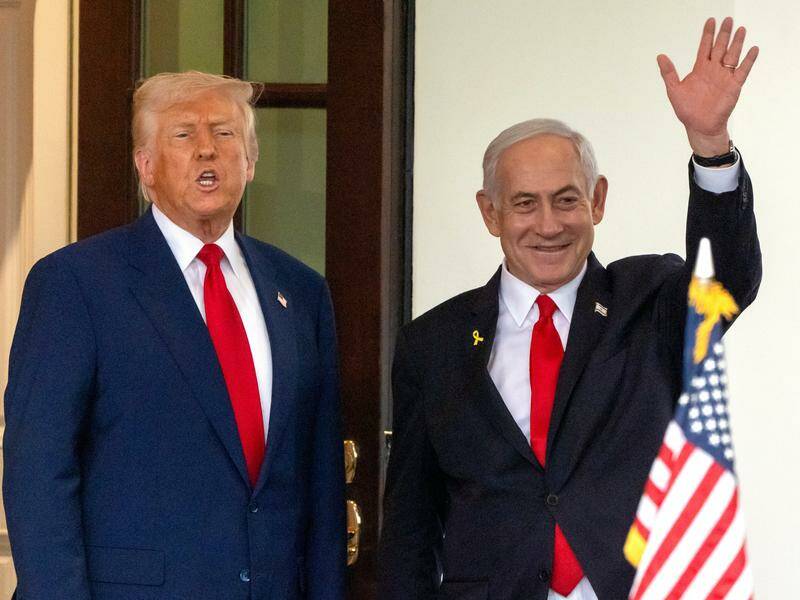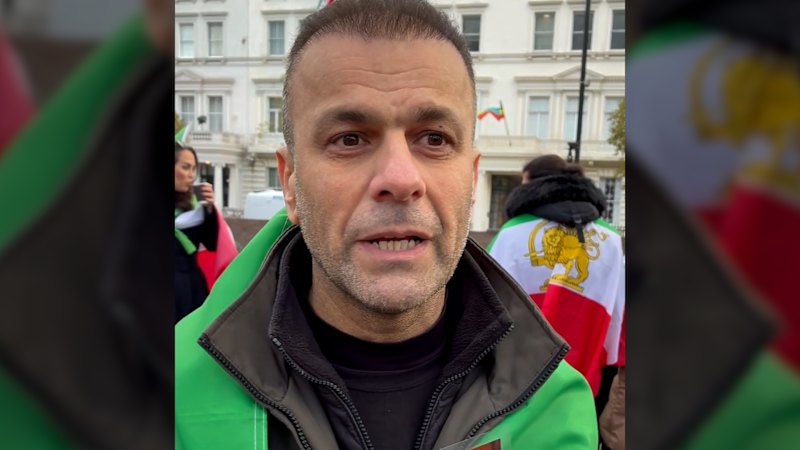
Israeli Prime Minister Benjamin Netanyahu is set to meet with U.S. President Donald Trump in Washington on Monday, October 9, 2023, amid rising pressure to resolve the ongoing conflict in the Gaza Strip. The meeting comes at a critical juncture, as Israel faces increased isolation and dwindling support from key allies. Domestically, Netanyahu’s coalition government is appearing more vulnerable than ever, raising questions about how the Prime Minister will navigate these pressures.
Trump has indicated a potential diplomatic breakthrough, stating on social media, “We have a real chance for GREATNESS IN THE MIDDLE EAST. ALL ARE ON BOARD FOR SOMETHING SPECIAL, FIRST TIME EVER. WE WILL GET IT DONE!!!” This statement reflects the urgency and optimism surrounding the discussions.
High Stakes for Netanyahu
The upcoming meeting, described by Professor Eytan Gilboa from Bar-Ilan and Reichman universities as “one of the most critical” in U.S.-Israeli relations, poses a significant challenge for Netanyahu. He may have to reconcile the differing views within his coalition, as some members advocate for continuing military operations.
According to Gilboa, “Netanyahu might have to choose between Trump and his coalition members,” which could complicate his political standing just a year before elections. If Netanyahu decides to pursue a ceasefire, it could jeopardize his support base at home.
Diplomatic Efforts and Peace Plan
In a recent interview with Fox News, Netanyahu suggested that amnesty for Hamas leaders could be part of a peace agreement. He stated, “If leaders, if Hamas leaders, for example, are escorted out of the country… if they finish the war, release all the hostages, we let them out.” This indicates a willingness to explore unconventional options to bring about an end to hostilities.
Last week, during a gathering at the United Nations in New York, the United States unveiled a comprehensive 21-point Middle East peace plan aimed at resolving the nearly two-year-long war between Israel and Hamas. The proposal calls for the return of all hostages, a cessation of Israeli attacks on Qatar, and a renewed dialogue between Israelis and Palestinians to foster “peaceful coexistence.” A White House official confirmed these details.
The plan has raised concerns, particularly after Israel conducted an airstrike against Hamas targets in Doha on September 9, 2023. A representative from Hamas stated that they had not yet reviewed the U.S. plan. Additionally, an Egyptian security official disclosed that Trump’s proposal includes the establishment of a transitional government in Gaza without Hamas and the release of all hostages held by the group.
Reportedly, the proposal offers conditional amnesty for Hamas leaders and immunity from assassination for those wishing to depart Gaza. It envisions an interim administration comprised of Palestinian technocrats, overseen by an international commission led by the United States and supported by Arab and European partners, pending reforms to the Palestinian National Authority. Furthermore, it anticipates a temporary international force under U.S. and Arab command to ensure security and assist in training a local Palestinian police force.
The discussions between Trump and Netanyahu will likely set the stage for future diplomatic efforts and could determine the course of the conflict in Gaza. With the stakes higher than ever, the international community will be closely watching the outcomes of this pivotal meeting.






